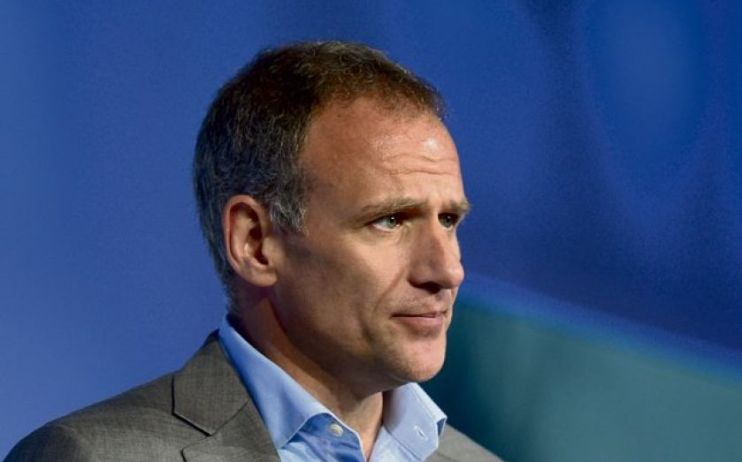BP drills closer to home than Tesco for new CEO

If the benchmark for CEO succession planning is to have a slate of credible internal candidates ready to take the helm when a veteran boss retires, this week’s news suggests that BP deserves plaudits and Tesco brickbats.
In reality, the situation at the two companies is more nuanced, but both the impending departures of Bob Dudley and Dave Lewis (pictured) leave sizeable holes to fill.
At the oil giant, an announcement about a successor to Dudley appears to be imminent. After a decade of near-constant firefighting, that’s unsurprising; and with big oil facing unprecedented challenges amid an increasingly urgent decarbonisation agenda, the time for fresh leadership is ripe.
Both upstream chief executive Bernard Looney and the chief financial officer, Brian Gilvary, have the credentials to run the company, although Looney’s greater operational experience seems likely to give him the edge.
Either way, it’s hard to see chairman Helge Lund recruiting Dudley’s successor from outside the company. The American made a decent fist of trimming fat to raise money for BP’s Deepwater Horizon disaster compensation pot; in doing so, and focusing on cost-cutting elsewhere, he succeeded in making BP a more attractive investment proposition by boosting returns on capital employed. But with billions of dollars of further divestments identified, shareholders are anxious that the company doesn’t begin cutting into muscle.
Tesco’s next chief executive has a similar dilemma – pursuing sustainable growth against an anaemic economic backdrop.
The supermarket chain’s board has taken a bold decision – parachuting in a relatively unknown quantity to the London market in Walgreens Boots Alliance executive Ken Murphy.
I suspect Tesco chairman John Allan would have liked to name an internal successor to Lewis, but when the timing of his exit became clear, he had little choice given the relative inexperience of candidates including Jason Tarry, the UK CEO. Murphy might not be a household name, but he is highly regarded.
Both Dudley and Lewis deserve credit for rescuing their employers from the brink, and setting them back on the path to growth. The scale of their achievements is not reflected in the performance of their respective shares during their tenures – but sometimes the numbers don’t tell the full story.
RBS’s 40-day itch
What took them so long? Almost six weeks elapsed between the disclosure that Alison Rose had been selected by Royal Bank of Scotland’s board as its next chief executive and official confirmation from the state-backed lender.
Almost everything about RBS – the government reducing its stake, the progress of regulatory probes and the recovery of its shares – has felt interminable since its bailout more than a decade ago. By comparison, 40 days seems like a mere blip; and in the case of Rose’s appointment, the fault did not lie with the company, but with those responsible for regulating it.
RBS’s board had ratified the choice of Ross McEwan’s successor in early August in the hope that watchdogs might swiftly approve it. Instead, the bank is understood to have been told that the regulatory boards required to formally assent would not be convened until late September because of summer’s intervention.
My sources tell me that some RBS board members were furious about the delay, believing the absence of confirmation to be damaging and potentially destabilising, both to Rose and investor confidence in the bank’s ability to decide on its future leadership.
If true – and RBS declined to comment on the subject – those disgruntled directors had a point. Announcing the appointment subject to regulatory approval was a non-starter, but given Rose’s existing role at the company, accelerating the process should have been a top priority for the Financial Conduct Authority and Prudential Authority.
It isn’t the first time that the UK’s financial watchdogs have stood accused of dragging their feet over executive appointments. The hold-up over Rose’s appointment at RBS shouldn’t be repeated.
A Naked investment
For a company called Naked Wines, there was a decided lack of transparency in the stock exchange announcement about the sale of Lay & Wheeler, its fine wine division, to Coterie Limited.Happily, I can reveal that the figure behind the acquisition vehicle is David Stern, an entrepreneur who has built a number of technology businesses through his Witan family office. He is also understood to be a keen wine collector, so Lay & Wheeler should find itself in capable hands.
Image credit: Getty
